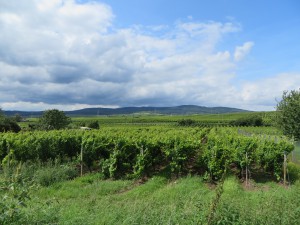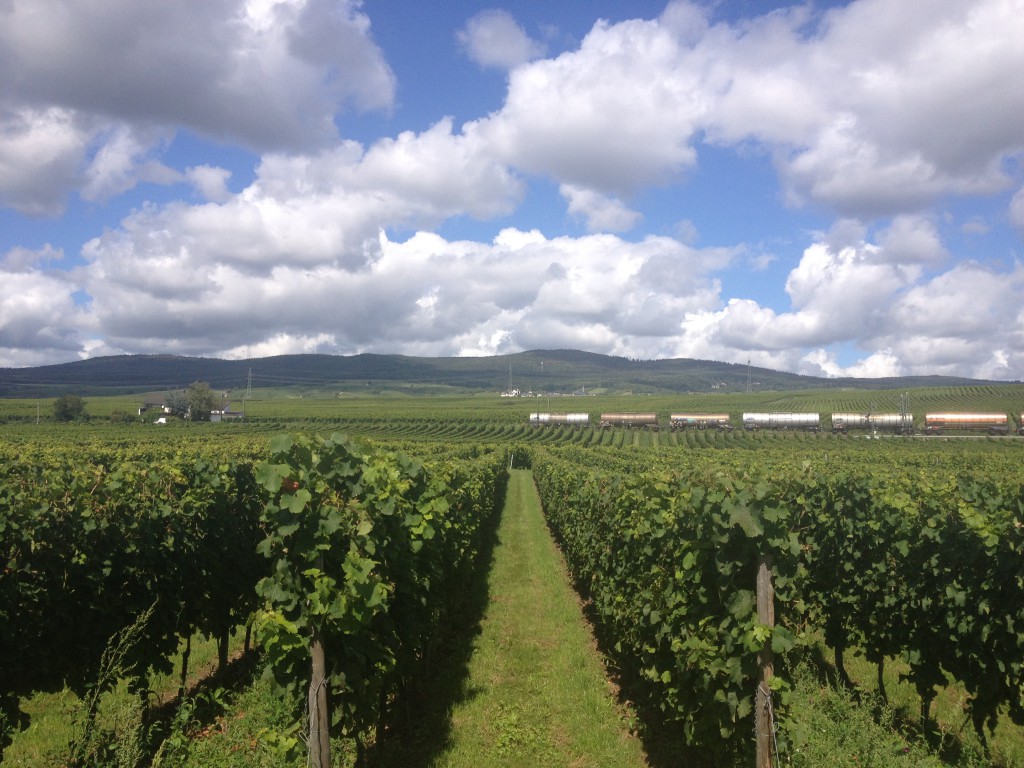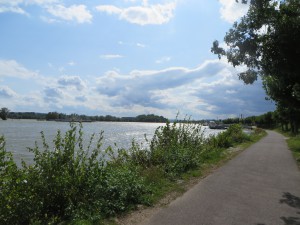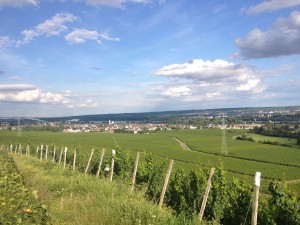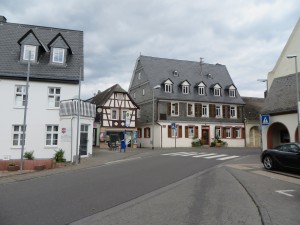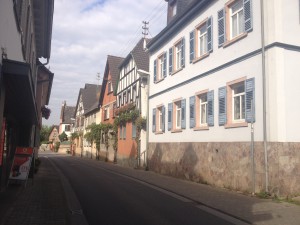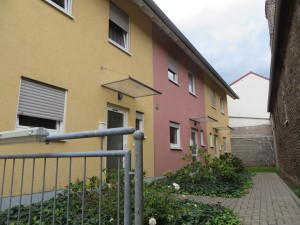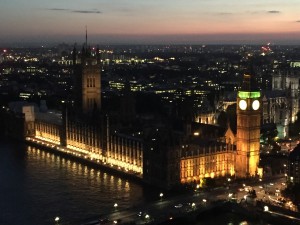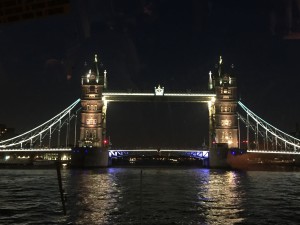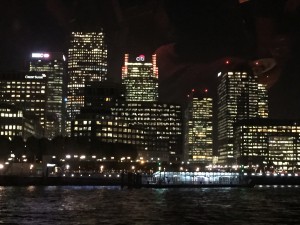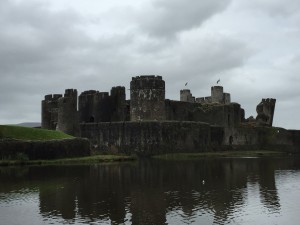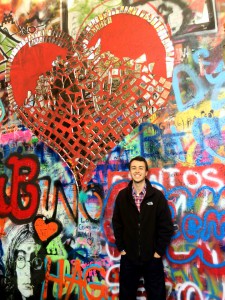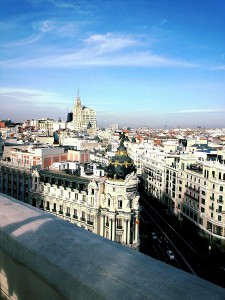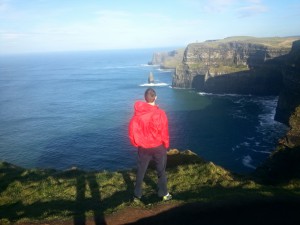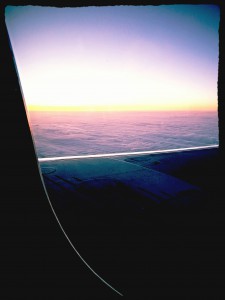So here’s the thing, Germany so far has been fabulous, I’ve met so many people and already have too many social things to do than I have time to do them. I’m surrounded by so many incredibly people that I haven’t actually had a spare moment to miss home, which is great! If you’re happy just hanging out with international students, then you will have no problem here, but if you want to integrate into German society, you need to know German. Yes, everyone here speaks English, yes, everyone here understands you, yes, it is possible to get around with exactly ZERO German, but if you want to make German friends, and if you want to have an authentic German experience, there’s no better ice breaker than one in their native language. It’s different here, I’ve found that personally I’m the least cultured person here, and while back in the states that’s the complete opposite, Americans have the privilege of driving sixteen hours and being in the same country where everyone speaks and understands the same language. This is great in some aspects, but it means that we aren’t forced to learn about cultures and languages other than our own, and this has been the greatest culture shock of them all.
Which brings me to my first point, thoroughness. You are provided with every single tiny ittiest bittiest piece of information that you could possibly, in any situation or circumstance, need to succeed, but this means that you have to read EVERY SINGLE EMAIL, EVERY SINGLE PDF, EVERY SINGLE NOTICE, EVERY SINGLE POST, EVERY SINGLE SLIDE. It’s not pompous, it’s an effort to make sure that there are as few mistakes as possible, but it’s matter of fact, it’s exactly what it’s meant to be: a detailed and descriptive how to guide to life. Don’t be turned off by this, it’s EXTREMELY helpful, and people are actually also extremely helpful, but every time I have asked a question thus far, I would have known the answer had I read before asking. It’s efficient.
Also, be on time. Much like America, time is money in Germany, and it’s disrespectful to be late, 5 minutes early is on time, and if you have to be either 45 minutes early or 2 minutes late, be 45 minutes early.
So about this recycling thing. Germany has cut it’s emissions by around 23% in the last year, and they take the environment seriously. You have an organic bin (compost for anyone who knows what I’m talking about), a plastic bin (which actually includes a lot of aluminum), a paper bin (I think this is pretty self explanatory), and a trash bin (anything that doesn’t go in another bin)…. It’s a 600 Euro fine if you’re caught not sorting your trash properly, and they check. This is one of the wonderful things about Germany, they care. They care about the future; they care about sustainability; they care about the betterment of the human condition. It’s important.
So still here is my favorite thing about Germany, because I think so far it’s just been informational and that’s SO far from the full picture, the world doesn’t stop. People are active despite arctic temperatures. You still walk to the grocery, you still walk to the stores, you still walk to the bus, you still walk to the train, you still walk to class, and the weather is not an excuse. P.S. the groceries are closed on Sundays and there’s nothing that is 24 hours, but this is yet another thing that is so wonderful about Germany, and it’s a far cry from the US. They value human rights over human convenience, so while they might not say hello to everyone they pass on the street, and smile at every stranger like we do at home (although plenty of them do) they will defend your human rights until the end of time, and for me this is far more meaningful.
The courses here are wonderful, the professors, the students, and the scenery, breathtaking. I’m in a small town (Oestrich-Winkel) and while there is nothing to do here past 6 pm, there is never a shortage of things to get yourself into. Everything is a quick train ride away (you still have to walk to the train), and the student pass you have for the transportation system: GOLD! The international student association (or something along those lines) organizes something crazy like 3 events a week, and German buddy programs, and parties, and pub crawls and everything else you can imagine. So as long as you have an open mind, and a warm coat, Germany is a great place to call home.
